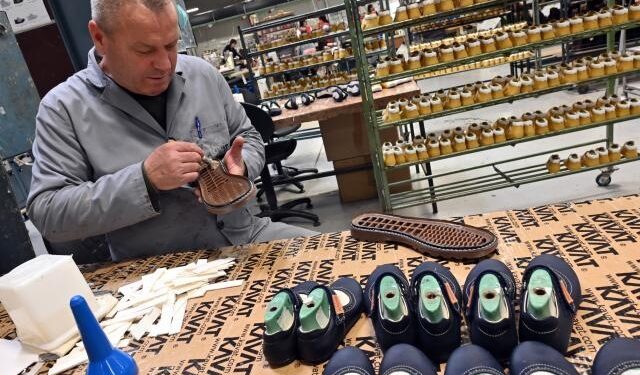Brussels – Prohibition of the destruction of unsold clothing, minimum requirements for the ecodesign of many products on the European market, and digital passport for information. The EU Parliament and Council negotiators reached a political agreement in the night (5 December) on the regulation for the ecodesign of sustainable products, proposed by the European Commission at the end of March 2022 as part of the circular economy package.
The new ecodesign rules amend the current Ecodesign Directive (which dates back to 2009). The idea is not to get too far away from the path that has been taken so far but to strengthen it in two ways: expanding the range of products covered by the legislation (now limited to the energy sector) and introducing new requirements to have more durable products with the potential to be repaired instead of being thrown away.
The new ecodesign requirements go beyond energy efficiency and aim in particular at promoting circularity and concern durability, reusability, upgradeability, and repairability of the product; the presence of chemicals that inhibit re-use, the recycling energy efficiency of materials and of the recycled content resources, and the carbon and environmental footprint.
Among the other more concrete measures of the new Regulation, co-legislators agreed to introduce at the European level a direct ban on the destruction of unsold textiles and footwear. A ban that will apply two years after the entry into force of the law and from which small and micro-enterprises will be exempted, while medium-sized enterprises will benefit from a 6-year exemption.
Textiles is the only economic sector in which an outright ban is introduced, while other companies will have to take simple measures to prevent this practice.
Textile is the fourth largest sector responsible for the impact on the environment and climate change (after food, housing, and mobility) and according to Brussels estimates, the average European throws away 11 kg of fabrics each year; globally a truck loaded with fabrics is landfilled or incinerated every second. While the sector is globally growing, production pressure on resources, water, energy consumption, and climate is also increasing.
New requirements and new digital passport
Dishwashers, televisions, windows, car chargers. The new regulation will apply to various product categories and the European Commission will have the power to extend the ban to other categories through delegated acts. In a note in which it welcomes the agreement, Brussels ensures that priority will be given to high environmental impact products, including textiles (mainly clothing and footwear), furniture (including mattresses), iron and steel, aluminium, tyres, paints, lubricants, and chemicals, as well as energy-related products and other electronic products.
The core of the proposal is the introduction of a “digital product passport” to provide information on the environmental sustainability of the ones entered in the single European market. In essence, this will be an easily accessible label on products that will give immediate access to information on their sustainability.
“The Regulation will ensure that products on the EU market are more energy-efficient, durable, reusable, rehabilitable, recyclable, and increasingly made from recycled materials,” commented Maroš Šefčovič, executive vice president for the European Green Deal, talking about “a huge opportunity for both businesses and consumers, and it is also crucial to achieving climate neutrality, reverse biodiversity loss, reduce Europe’s dependence and strengthen our economic competitiveness.” Now that the agreement has been reached, both institutions, separately, will have to formally approve the agreement which will then be published in the Official Journal before it enters into force.
English version by the Translation Service of Withub


![Una donna controlla le informazioni sul cibo specificate sulla confezione [foto: archivio]](https://www.eunews.it/wp-content/uploads/2014/12/Etichette-alimentari.jpg)

